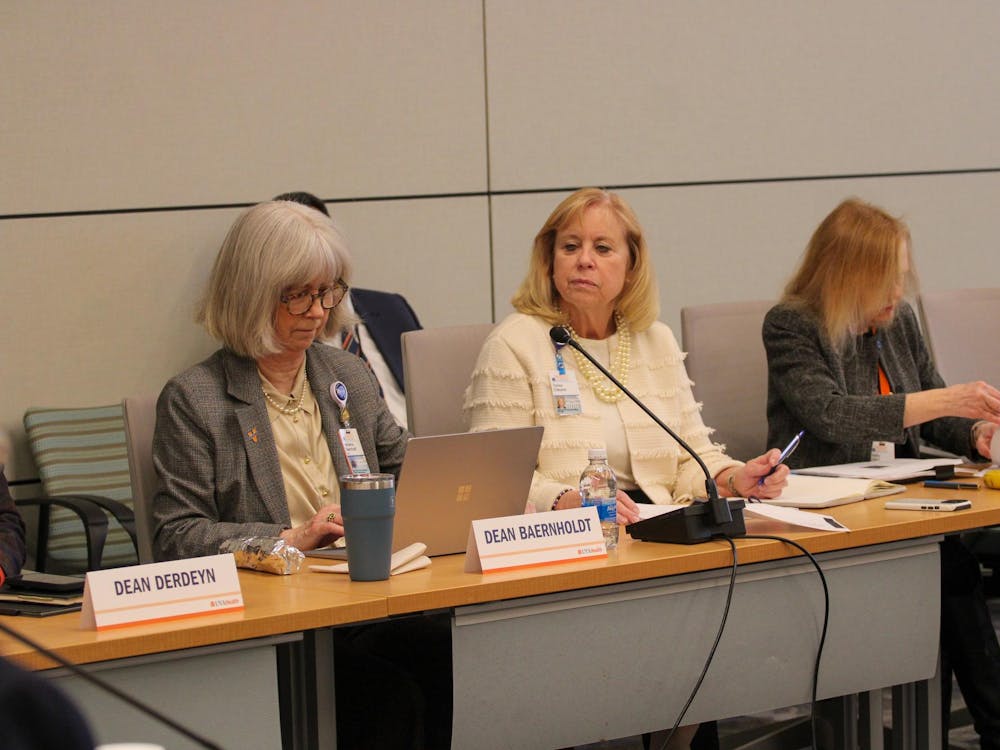The University’s Tech-Connect Community hosted a panel Wednesday to discuss the future of online education at the University. The University next semester will offer massive open online courses, known as MOOCs, through Coursera, an online-learning company.
Jim McCormick, a programmer analyst for Information Technology Services, said the Tech-Connect Community is an informal, collaborative group mostly comprised of University technology and library professionals. “[The] goal is to try to bring the University community closer to new technology,” McCormick said. Tech-Connect hosts events each semester focused on current topics in technology, according to its website.
The types of online courses the University will offer next semester may be able to surmount geographical and socio-economic barriers to education, said Valerie Larsen, director of the Arts & Sciences Center for Instructional Technology. Expanded access to education is central to Coursera’s mission, according to the organization’s website.
To Larsen MOOCs are the next step in the evolution of distance learning, which began with correspondence courses and radio. “If you think of this long history of the world and man as the last second, that’s kind of where MOOCs are in online learning,” Larsen said.
With the progression of online courses there also comes problems, panelists discussed Wednesday. Academic integrity has become a hot-button issue in this debate, as online-learning critics often contend it is easier for a student to cheat if he is enrolled in a MOOC. Coursera has its own honor code students must follow, according to its website.
The University’s new direction also requires institutional support, which Larson said is lacking in some universities, making it difficult for faculty and students to test the new medium. Technological support is also a major factor, as online students are reliant on smoothly functioning systems. “You need to have technology working to make [learning] happen,” Larsen said — a fact made clear after a malfunctioning projector nearly delayed Tech-Connect’s presentation.
Though their content is free, MOOCs have production expenses, and the University will not earn any revenue from online courses. Larsen said the University was in the process of determining how much its MOOCs would cost to develop.
The University is interested in developing online rare languages classes such as Urdu and Farsi to allow these subjects to be taught at many universities despite their low enrollment, Larsen said.






